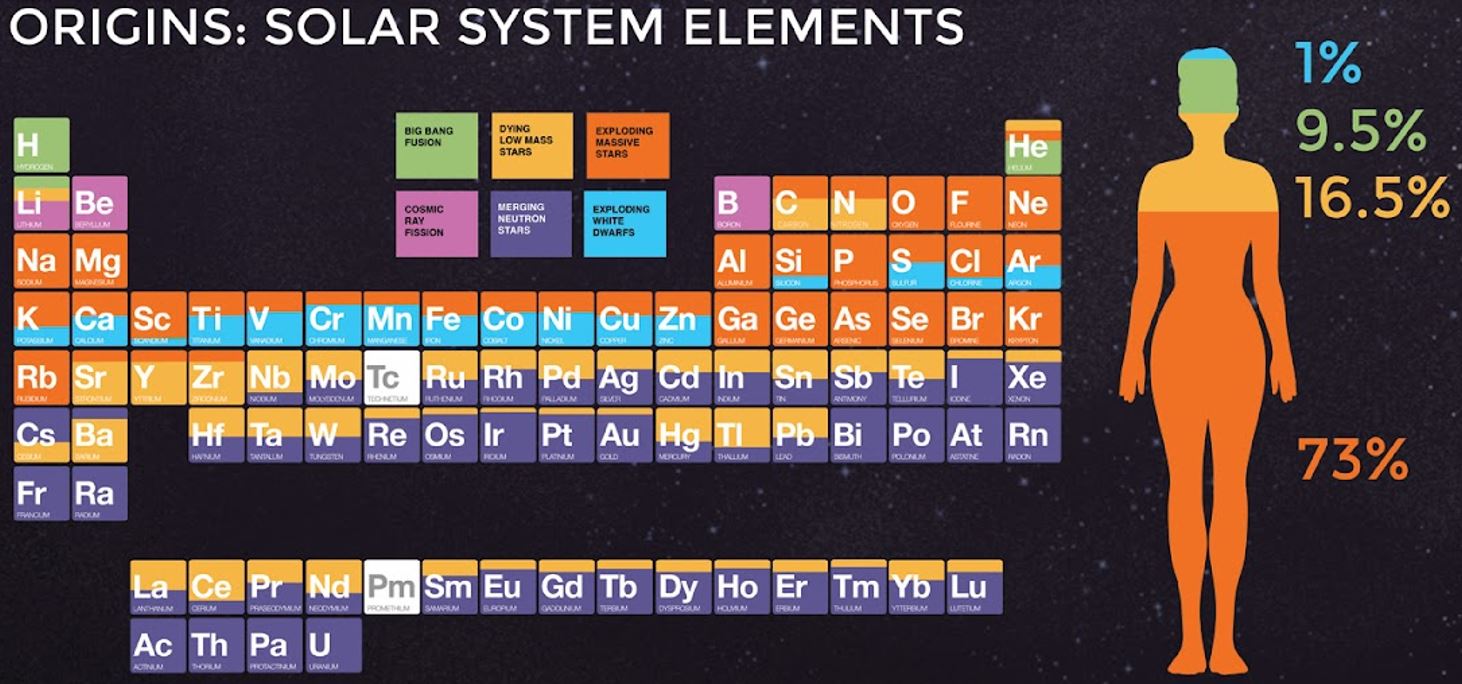Zanzibar Has a Potential Million-Dollar Tourist Attraction. So Why Won’t they Acknowledge it?

Bearing the marks of countless cultural influences, from Dutch to Islam to Egyptian to Indian, and populated with scenic beaches, Zanzibar’s government has aimed to make the East African republic among the Indian Ocean’s top tourist attractions. But there’s one interesting distinction Zanzibar has that could give tourism a serious bump, if only the locals would acknowledge it. So why won’t Zanzibar honor the late Freddie Mercury, its most famous native son?
When Freddie Mercury died in 1991, the Queen frontman left behind a musical legacy as well as a reputation as a flamboyant, crowd-baiting showman. But while he was born Farrokh Bulsara to an Indian family and died in England, Mercury was born in Zanzibar off the coast of Tanzania, before leaving as a child to study in India. Despite rarely acknowledging his birthplace over the course of his career, Mercury managed to become the only high-profile celebrity ever to come out of Zanzibar. With the 20th anniversary of his death on the horizon, you’d think it was a perfect opportunity for local officials to begin paying homage to their native son, slowly building a formidable tourism industry around the iconic singer. But it hasn’t happened yet and isn’t likely to happen soon.
A benefit concert honoring Mercury’s 60th birthday started coming together in 2006 as a gala beach party to bring together locals and perhaps begin drawing western tourists to the area. But as soon as posters promoting the event began popping up, local Muslims cried foul. A conservative Sunni muslim society, Zanzibar’s reticence to the Mercury celebration accelerated quickly. Upon hearing of the celebration, the country’s Association for Islamic Mobilization and Propagation, known as Uamsho, threatened to demonstrate at the event after hearing that gay tourists might visit the island for the concert.
Considering Zanzibar’s religious makeup, any future celebrations of Mercury could be a problem. The hit singer was openly gay and HIV positive when he passed away. Having outlawed gay relations in 2004, local officials have since questioned Mercury’s allegiance to his birthplace, noting that he rarely, if ever, returned to Zanzibar despite being the country’s biggest celebrity. Local tours honoring Freddie Mercury still exist, but they don’t appear to have any real affiliation with Zanzibar’s Commission for Tourism. So while Zanzibar appears set on promoting itself as a prime tourist spot, it will do so without acknowledging a native son who became one of the 20th century’s greatest entertainers.





